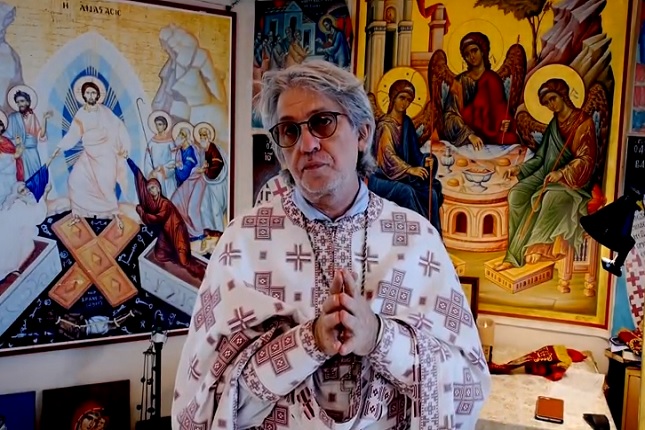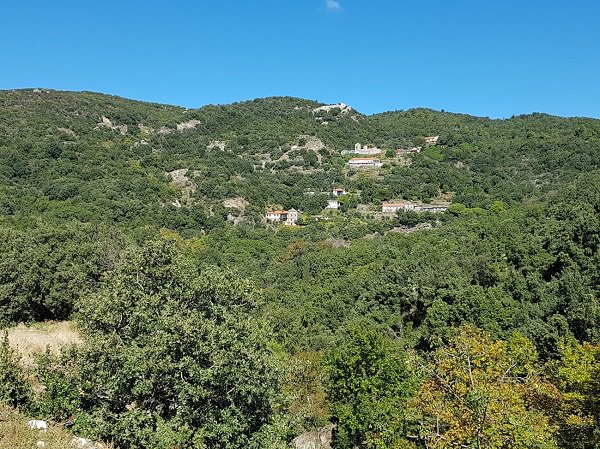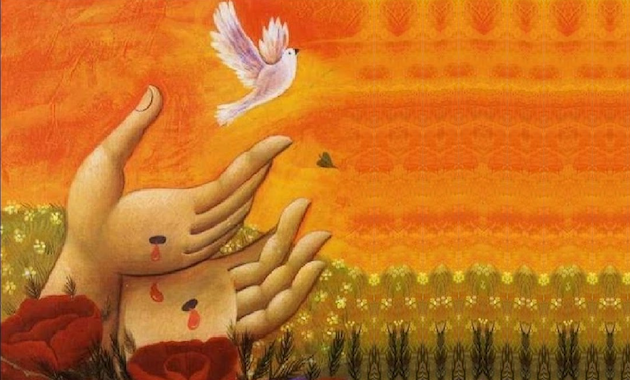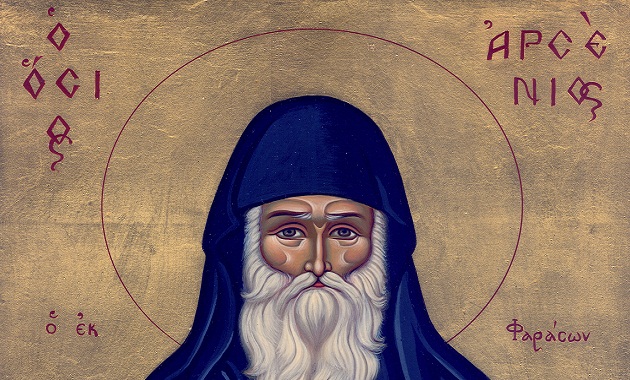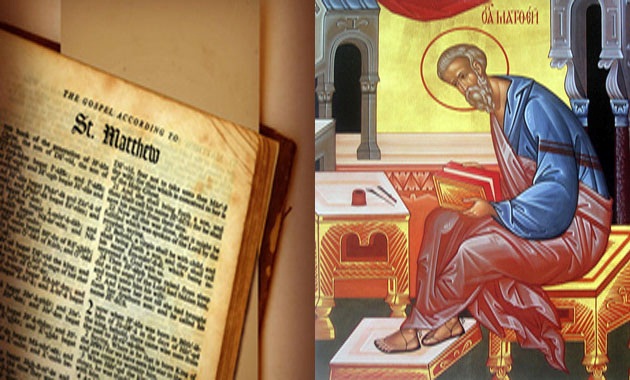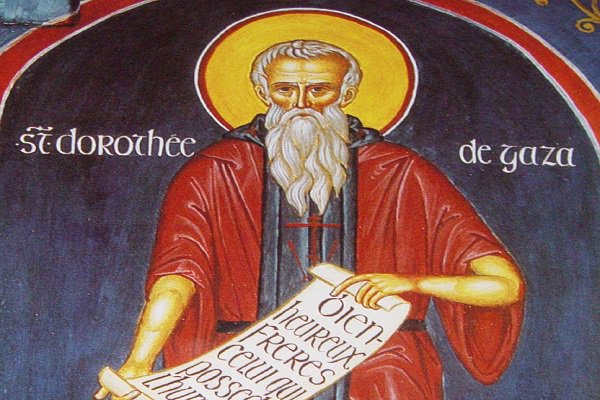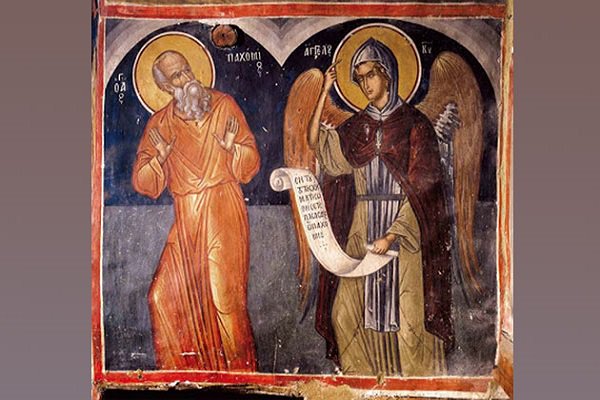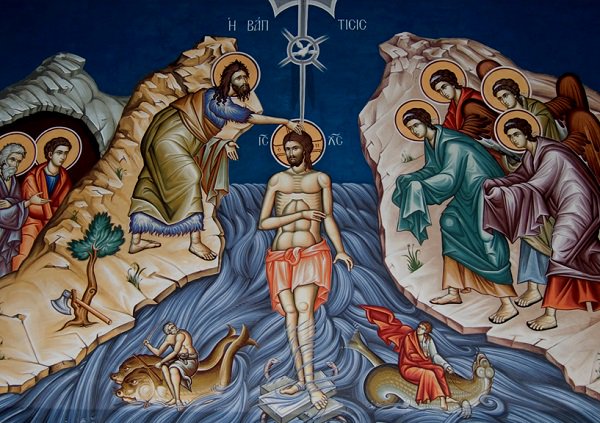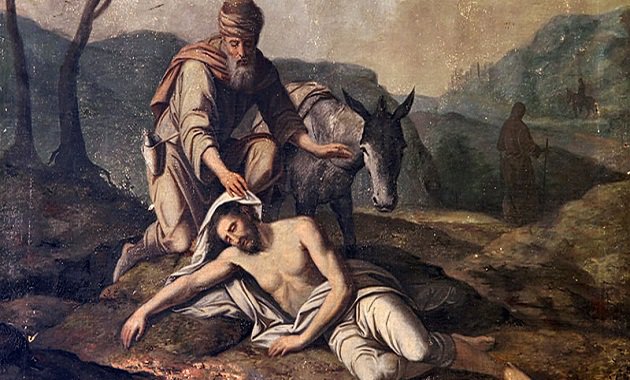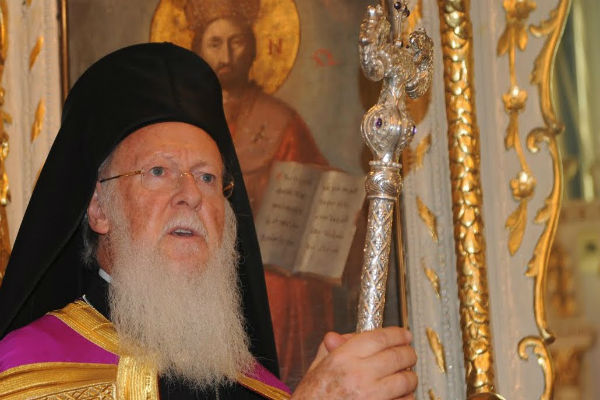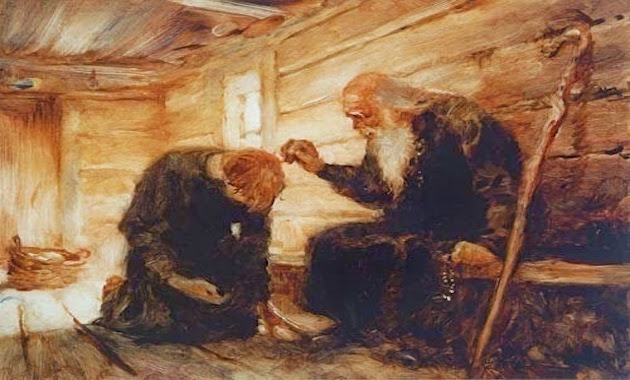
The great news which Christianity tells the world every day is that things are judged, as regards their true worth, not by evaluating their external features, but by what they are in essence. We have to judge things not by their colour or shape but by what they mean. And people should be measured not by their status or wealth, that is, by external appearances, but by their heart, which is where the senses, the intellect and the will are united. By this measure (which is an entirely new teaching as far as the world is concerned), people who are enslaved in external terms aren’t really slaves at all and those who have external- bodily- freedom aren’t in fact free. The way ...



